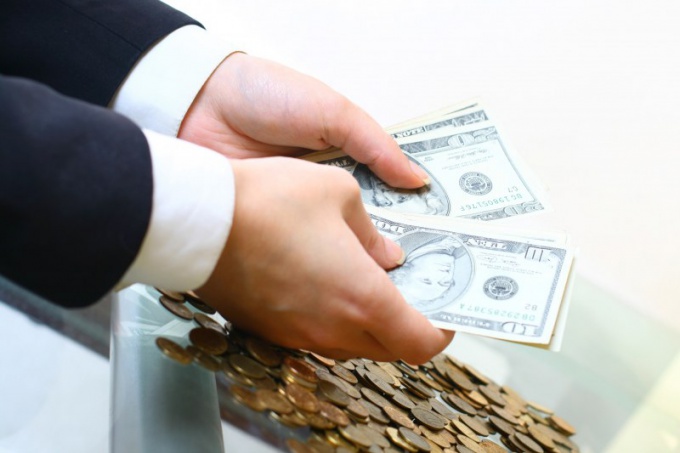Features of share premium
Share premium, together with exchange rate differences and the difference from revaluation of fixed assets is included in additional paid-in capital. The latter represents the sum of the revaluation of non-current assets refers to own assets of the company.
Share premium is formed through the placement of securities, which can be private and public. In the first case, the actions implemented among a narrow circle of well-known investors in the second - on the free market to everyone.
Sometimes the concept of seigniorage is used, and applied to, in this case it represents the difference between the cost of shares in the share capital increase and their nominal price.It may be generated as a result of the initial offering and additional shares in the share capital increase.
Share premium can only get joint-stock companies, because only they are the available options for the issue of securities (shares). Issuing securities is one of the sources of financial resources that are engaged to solve strategic goals.
Share premium is considered only as additional capital, it is not allowed to spend it on consumption. He goes to the reserve Fund of the company or increases the amount of profit.
Calculation of share premium of the company
Share premium is calculated as follows: nominal value of shares - the issue price of the shares (the issue price).
In turn, the nominal value is calculated as the ratio of share capital to the number of shares. The issue price of the shares, in a General sense is the price at which shares are sold to their first owners.
According to the formula, if the sales price equal to the issue price, the share premium is missing.
Share premium can not be negative, because the issue price cannot be below par. Otherwise joint-stock company will not be able to form their Charter capital.
If you try to translate accounting terminology into Russian language, can explain the essence of the concept of seigniorage in a simple example. The company has a share capital of 1 million rubles, it was issued 2 thousand shares. Thus, the nominal price of one share will amount to 500 p. (1000000/2000). Investors are positively assessing the prospects of companies and expecting the growth of their profitability with the purchase of these shares, we can offer it for a higher price. For example, they will buy shares at a price of 1500 R. Accordingly, the share premium will be equal to (1500-500)*2000 = 2 million rubles.
The company also may offer their shares at a price above par, the positive difference between their price also will be equity income. For example, if the nominal value of shares 1000 R. has issued them at a price of 1500 rubles. the share premium will amount to 500 p with one securities.
If we are talking about secondary offerings after the buyback from shareholders of equity income will be the difference between the repurchase price and the cost of subsequent accommodation. For example, the company bought the shares at a price of 1,000 rubles, and later placed at 1100 R. share premium will amount to 100 rubles per one share.
